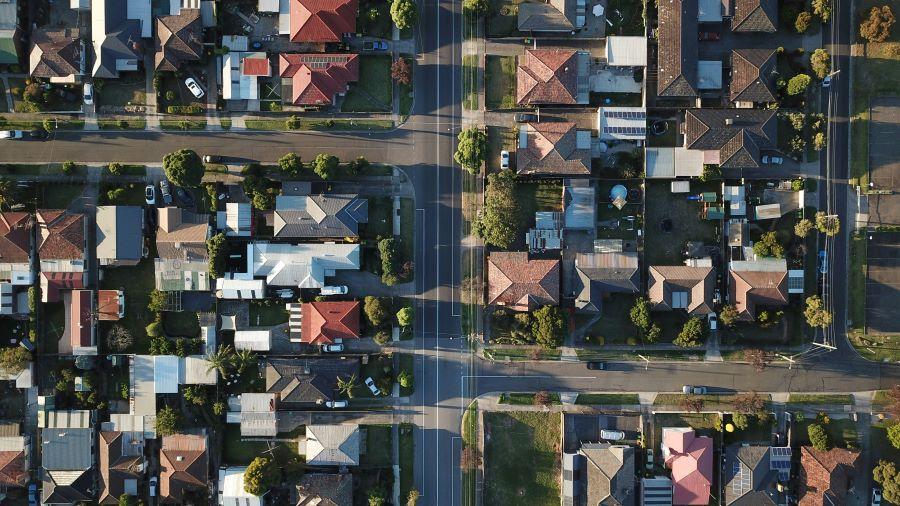
Briefs
Understanding Data Sovereignty for Aboriginal and Torres Strait Islander people
The concept of Indigenous Data Sovereignty is rapidly gaining prominence, both in Australia and internationally, and is likely to have important implications for developing housing and urban policy. This AHURI Brief explains what Indigenous Data Sovereignty is and how it can be successfully incorporated into data gathering and policy development strategies of government and non-government organisations in Australia.
A year on from National Cabinet announcements, are renters getting the ‘better deal’?
In August 2023, Australia’s National Cabinet - a collaborative forum comprising the prime minister and the heads of the state and territory governments - agreed to ‘A better deal for renters’. The agreement was essentially to ‘harmonise and strengthen renters’ rights across Australia’ and was driven by an environment of undersupply and high demand for private rental homes.
This AHURI Brief provides an overview of where renters’ rights were up to across Australia, one year on from this announcement.
What does ‘Housing as a human right’ mean in Australia?
‘Housing as a human right’ has been debated in Australia for a number of decades. Through the 2009 National Human Rights Consultation Australians identified housing as one of their most important rights. This is because housing provides the basis for stability and security in many social, cultural, and economic aspects of individual and family life.
What is a circular economy for housing, and what will help Australia achieve it?
Momentum is growing in the development of a sustainable circular economy for Australia, with Commonwealth Government initiatives supporting investments in priority areas such as advanced manufacturing, plastic recycling, value-add in resources and low emission technologies.
Empowering Indigenous communities to reduce homelessness is key to Closing the Gap
Every dimension of ‘Closing the Gap’—whether improving equality with non-Indigenous Australians in health, education or family outcomes—relies on Aboriginal and Torres Strait Islander people having access to appropriate and affordable housing that is aligned with their priorities and needs.
On Close the Gap Day 2024, this AHURI Brief highlights approaches that can empower Aboriginal communities and reduce homelessness.





